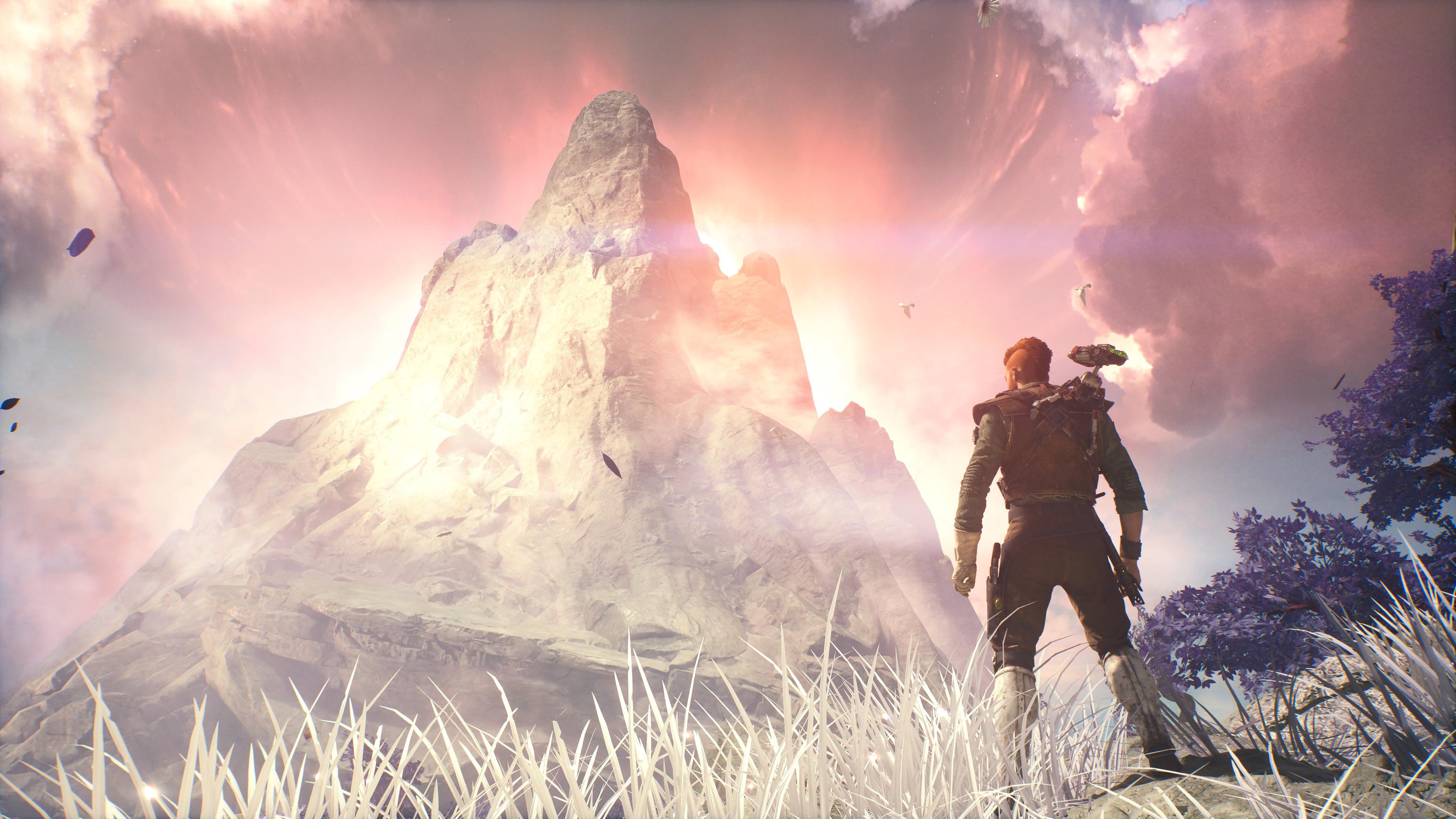As far as I'm aware, they're branded until they die.
However, lower-level captains are at quite a lot of danger of dying from various causes -- failing a Trial Challenge, getting killed during a Hunt, executed by another captain, losing a duel to another captain, getting killed in an ambush by another captain...
... Yes, the second biggest cause of death for Uruks tends to be "other Uruks".
Ways to prevent this:
- Increase their rank. A higher ranking Uruk has a higher base "power" which means he's more likely to survive hunts, ambushes and trials, and generally in a duel that you don't personally interrupt the one with the highest power wins.
Increasing an Uruk captain's power is easiest before you brand them; you can give them a +5 just by sending a death threat, which also adds a gang that'll defend him when attacked, and you can deliberately lose a fight - they get a +1 for every time they manage to kill you.
Afterwards, the best way is to keep an eye on any blue challenges that come up and help "your" chief survive and beat trials, and ordering them (once that option unlocks) to join a given Warchief's bodyguard. This spawns another blue challenge - usually a trial - and if the captain survives he'll go up another rank and join the targeted Warchief's bodyguard. This will come in handy when it's time to take out or brand said warchief, as he'll be present during any confrontation and will fight on your side.
Alternately, you can send him to assassinate another Uruk captain (only ones you don't control), spawning either a duel or an ambush event -- and giving you an opportunity to intervene on your captain's behalf. Again, if the enemy dies your captain wins by default and gains more power.
Intervene in challenges on their behalf. This combines with the above; any time they enter a challenge there is a chance they die, especially the more conflict-ridden ones like recruitments, Graug hunts and duels. Of course, you can't do this while you're off in the other area, but the more of these you've done beforehand, the higher their Power ranking and the greater their chance of surviving the auto-resolved ones that take place while you're away.
Decrease their threat environment. Or, in blunter words, kill or Brand as many other captains and especially Warchiefs as you can, then set your captains up as bodyguards to your Branded warchiefs. This cuts down on the number of possible enemy captains trying to advance in rank by filling a dead Uruk's shoes - and arranging for said shoes' owner to die if necessary.

